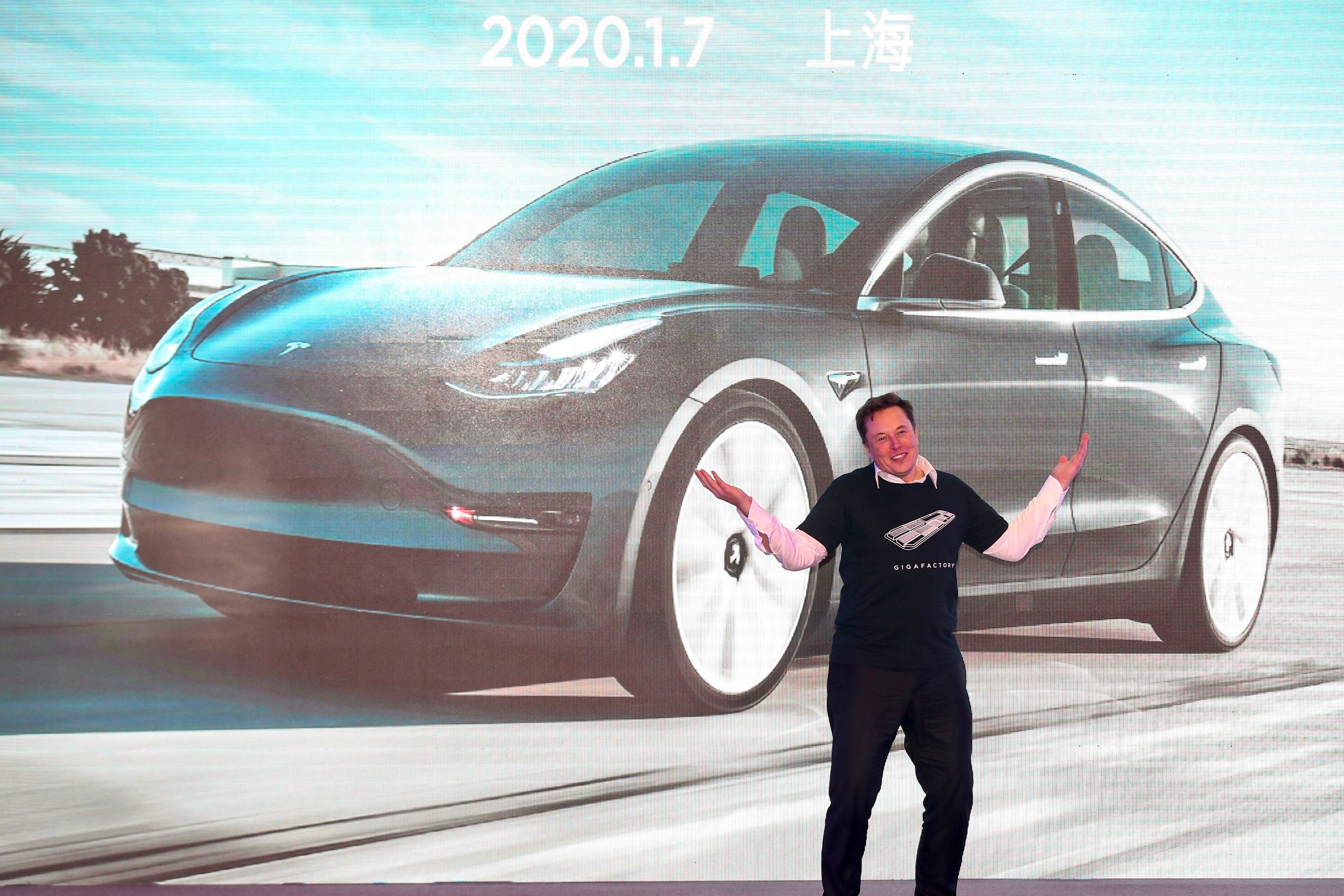Tesla board tells shareholders to ‘vote against’ reports into employee harassment
Tesla is facing 10 lawsuits alleging racial discrimination or sexual harassment in the company

Tesla’s board of directors is encouraging shareholders to vote against annual reporting on discrimination and harassment, additional reporting on child labour, against collective bargaining, and against an annual report on Board diversity.
The suggestions have been made in a US Securities and Exchange Commission filing for the company’s annual meeting, to be held on 4 August 2022.
Shareholders have made numerous requests, such as that the board should have a public report describing the effectiveness of Tesla to prevent harassment and discrimination against employees.
This would include the number of disputes the company has settled, and the amount of money Tesla has paid out for them, as well as progress towards making resolutions happen faster.
The electric car company is facing 10 lawsuits alleging racial discrimination or sexual harassment, including one from the state of California alleging “that Tesla’s Fremont factory is a racially segregated workplace where black workers are subjected to racial slurs and discriminated against in job assignments, discipline, pay, and promotion creating a hostile work environment”.
Tesla said that the suit was misguided and that the group had “never once raised any concern”. In its recommendation to vote against a harassment report, the board said that its “oversight, existing policies, and dedicated team effectively address[es] the issues”,
The board recommended that shareholders vote against diversity reports. “Tesla does not report its current gender or racial and ethnic board composition, but Tesla’s board demographics appear largely disproportionate from its customer base”, the SEC filing states, saying that increasing diversity would “minimize business risk, maximize opportunity, and increase shareholder value.”
Tesla’s board believes this “would not serve the best interests of Tesla or our stockholders”, adding that “Two of the three directors we added in the past four years are gender, racially and/or ethnically diverse and the chairperson of our Board is a woman.”
The shareholders request the board of directors describe how Tesla lobbies to limit global warming, in accordance with the Paris Agreement, as the company’s “2020 Impact Report discusses neither its climate policy priorities, nor the policy strategies and goals that would assist Tesla in meeting its sustainable business objectives”.
The board, however, says that Tesla, “unlike traditional automotive manufacturers, we have based the success of our entire business upon values that align with the Paris Agreement’s goal to limit global warming”, and that while the shareholders “purport” to care about climate change they are misguided in criticising Tesla.
“A simple online search by the stockholder proponent would provide it with the answers it seeks about our political engagement and lobbying activities,” it contends.
Shareholders advocated for Tesla to “include a commitment to non-interference when employees exercise their right to form or join trade unions”, because “freedom of association and collective bargaining are a fundamental human right”.
It raised concerns that, last year, the National Labor Relations Board found that Tesla ”illegally fired a worker involved in union organizing, and that [Elon Musk] had illegally threatened workers regarding unionization”, which is especially troubling against “the backdrop of claims of racial discrimination and sexual harassmentby former Tesla employees and reports of poor working conditions”.
The board, however, argued that employees “have the right to freely discuss their wages, benefits and terms and conditions of employment” and that Tesla “encourage employees to bring any concerns or grievances they may have to any member of management or their HR partner.”
At SpaceX, a venture also managed by Mr Musk, employees were reportedly fired for criticising Mr Musk, calling his tweets a “frequent source of distraction and embarrassment for us”. Neither SpaceX nor Tesla has responded to The Independent’s numerous requests for comment.
Finally, shareholders recommended that the board describe how Tesla’s policies will remove child labour from its supply chain by 2025.
“In 2019, a class action lawsuit was filed against Tesla and four technology companies for allegedly ‘aiding and abetting in the death and serious injury of children who claim they were working in cobalt mines in their supply chain’,” the SEC filing states.
“In the joint motion to dismiss, defendants did not challenge the fact that child labour is occurring in their cobalt supply chains, but argued that conduct by their suppliers is out of their control, which conflicts with Tesla’s policies that the company claims prohibit its suppliers from using child labour.”
The board once again argues that this is not in the interest of Tesla, because its annual Impact Report already describes how human rights are respected in operations, and that should modern slavery be identified in the supply chain Tesla will “transition away from that supplier”.
The board continues to say that “protecting human rights is core to Tesla’s procurement strategy and the position taken in these proceedings that our actions could not have met the standard for legal causation does nothing to undermine that fact.”
It also says that child labour is an “existing challenge in the [Democratic Republic of Congo] that requires structural solutions”.
Join our commenting forum
Join thought-provoking conversations, follow other Independent readers and see their replies
Comments
Bookmark popover
Removed from bookmarks